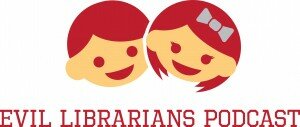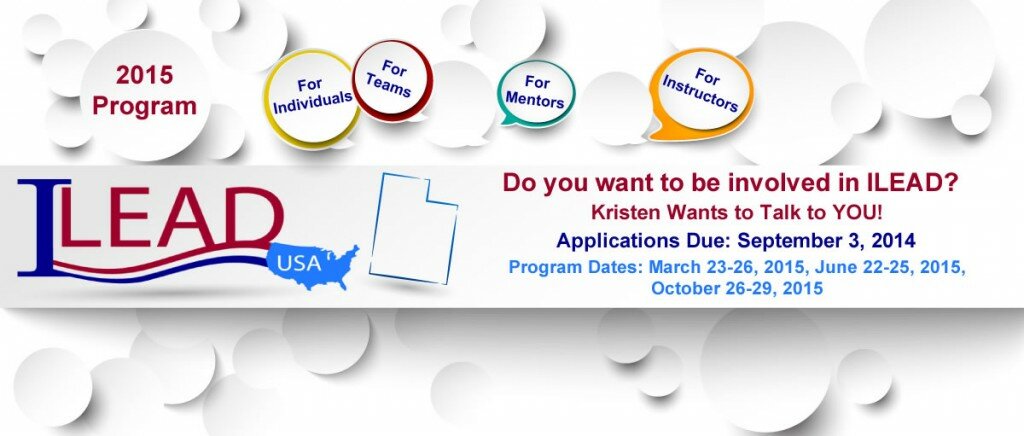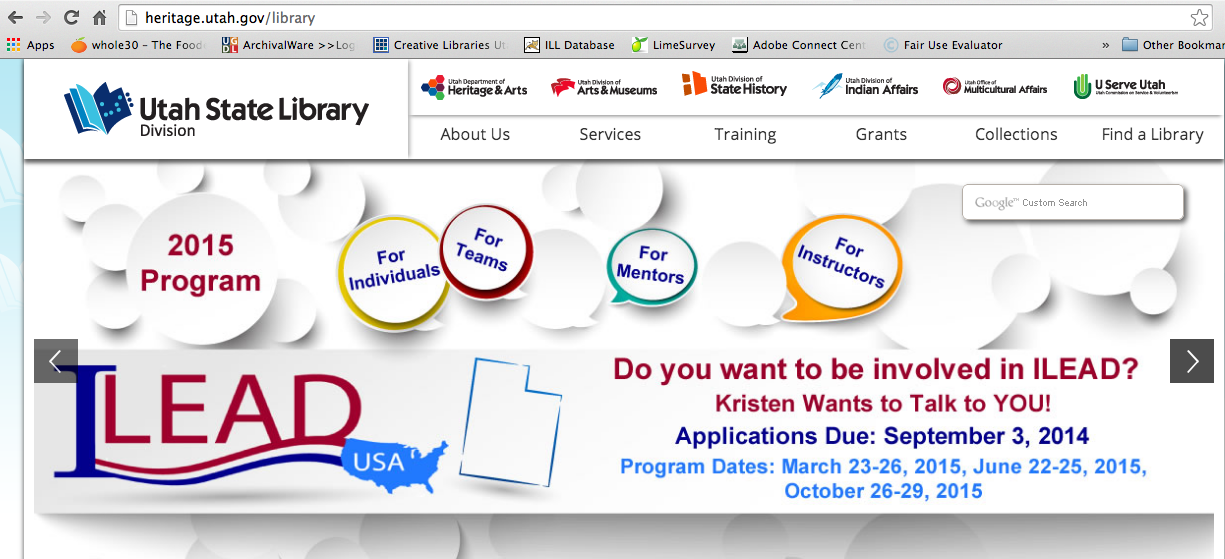By: Pamela Martin, Utah Library Association President and Reference and Instruction Librarian at Utah State University
As a society, I think we focus on success far too much. It certainly seems like success is all we are ever able to talk about at professional conferences. It’s all “I did X and it went great!” or “Look how well my study on Z went! LOOOK!” Very often these tales of success, rather than being inspiring, can be depressing. Success can seem unattainable to your audience, especially when we never see the failures that precede all stories of success. And ignoring our failures just encourages fear of failing and discourages risk taking and innovation.
So in order to encourage a culture of sharing failures (and after being publically goaded by Dustin Fife), here are some of my favorite failures.
In the Classroom
As a Reference Librarian at USU, I teach, and I have made a few mistakes in front of classes. If you know me, you’ll know that people do NOT describe me as “laid-back” or “calm.” I’m the same in front of a class. I can be warm and engaging when leading classes, but I’ve also overreacted to students’ behavior in the past. Once, a student was not following directions after being gently reminded 3 times. Another time a student started talking loudly about how women aren’t funny. Both times, I reacted emotionally and loudly, and I am not proud of this.
However, these situations taught me to be a better teacher. Both situations caused me not only to seek out better classroom management skills, but also to focus on not taking it personally. It might sound like an easy thing to do – not take it personally – but I am used to taking EVERYTHING personally. Gaining some distance from students and realizing their behaviors are not always about me has helped me both inside and outside the classroom. (Also, the student in the latter situation was just dead wrong. I’m hilarious.)
IRB: Bane of My Existence
When you work on a research project that studies people (as we do in library science), you must get IRB approval at your University. As a young librarian (never really trained in the art of research – thanks, Grad School!), I, along with some of my colleagues, made the mistake of soliciting survey responses without first gaining IRB approval. In order to proceed we had to destroy all the data, gain IRB approval, and send out the survey again.
This failure was a necessary one on the road to becoming a competent researcher. I am now much more detail-oriented when embarking on a research project, and I have several IRB-approved research projects in the pipeline.
I share these stories because, like Dustin, I think it is important not to hide our stories of failure while highlighting our stories of success. Odd as it sounds, sharing your failures can be far more comforting and perhaps even more inspiring than success stories. Oftentimes you and your audience can learn just as much (perhaps more?) from failure than from success. And without failure (or at least a willingness to fail), there is no success. Failure is a necessary and helpful part of life, and any successful librarian has had more than a few epic failures. We should not let failure keep us from taking risks.




